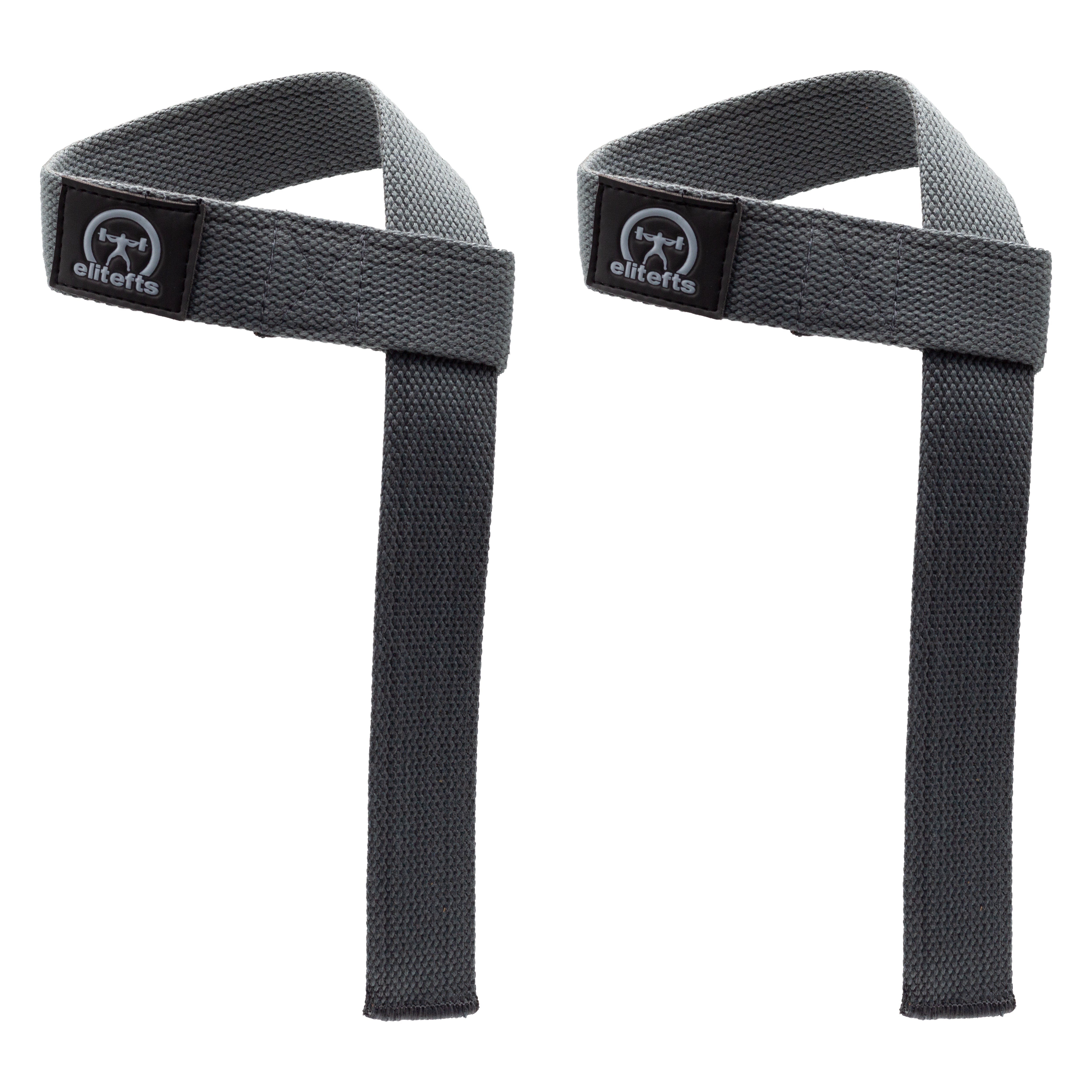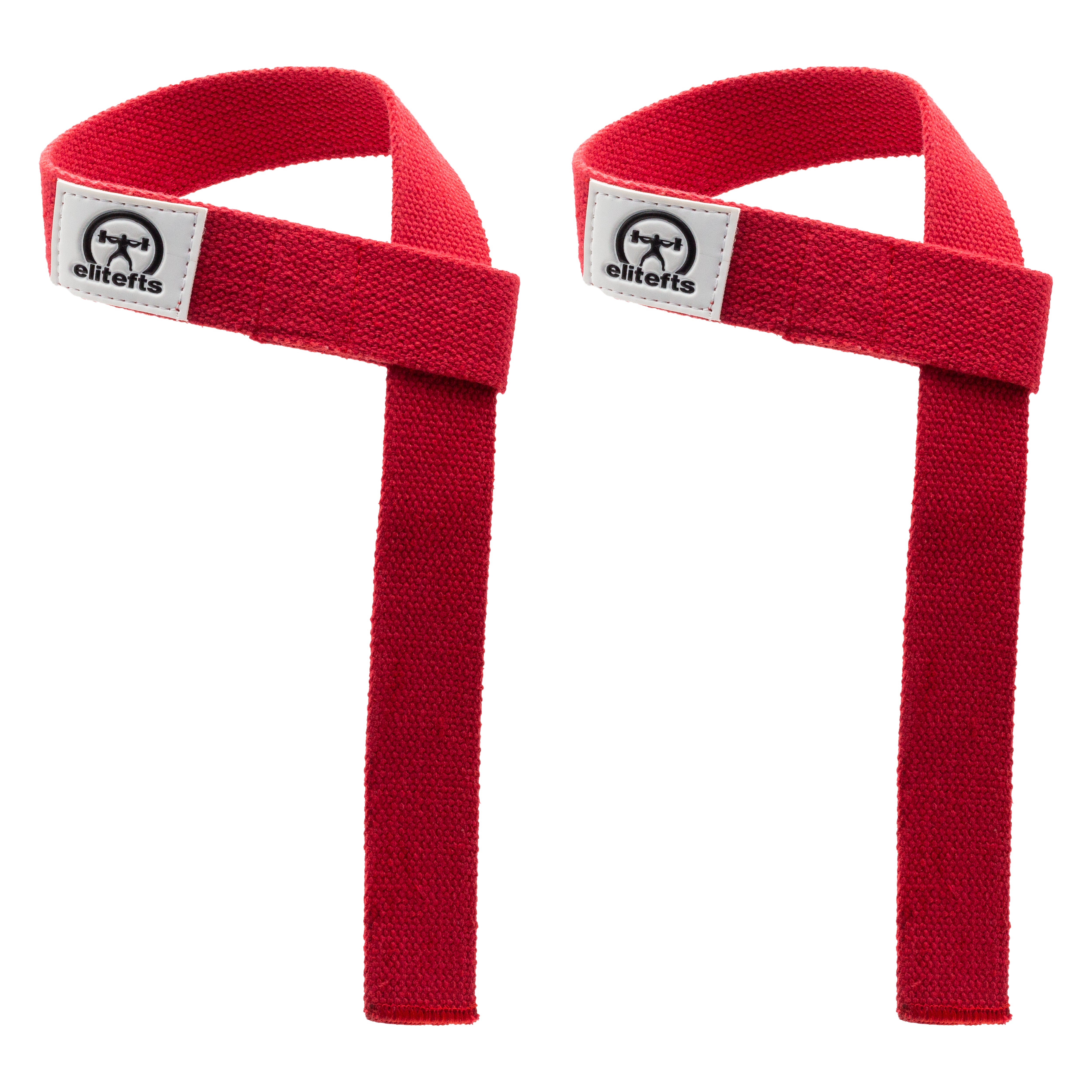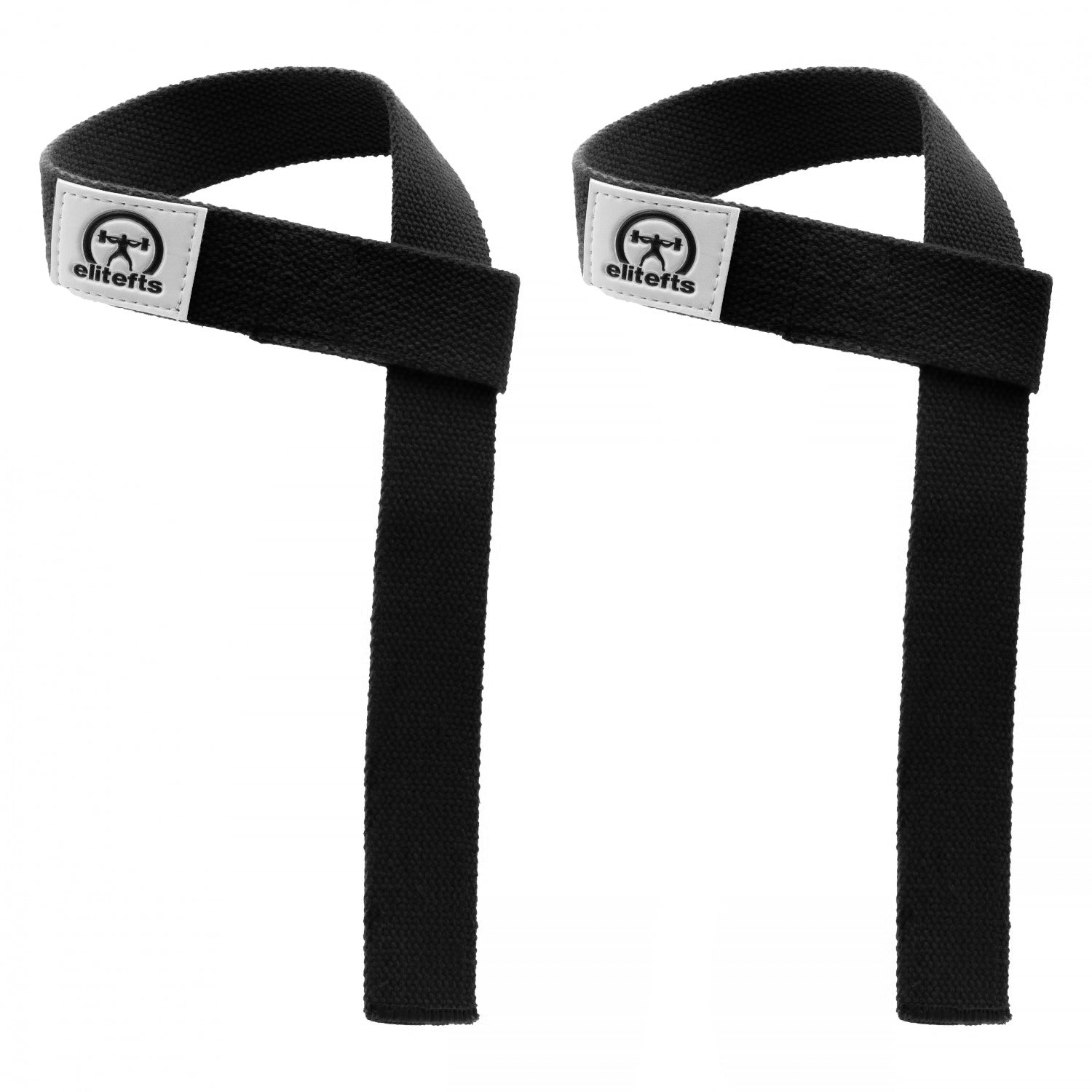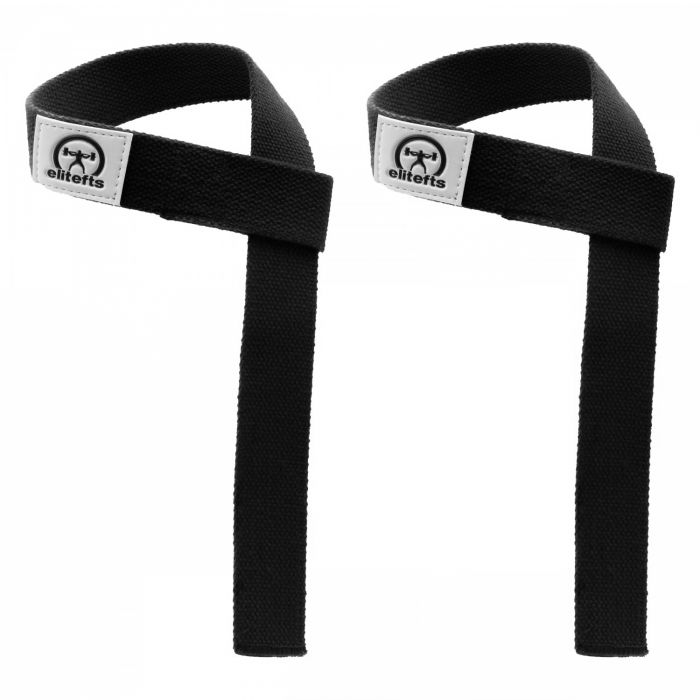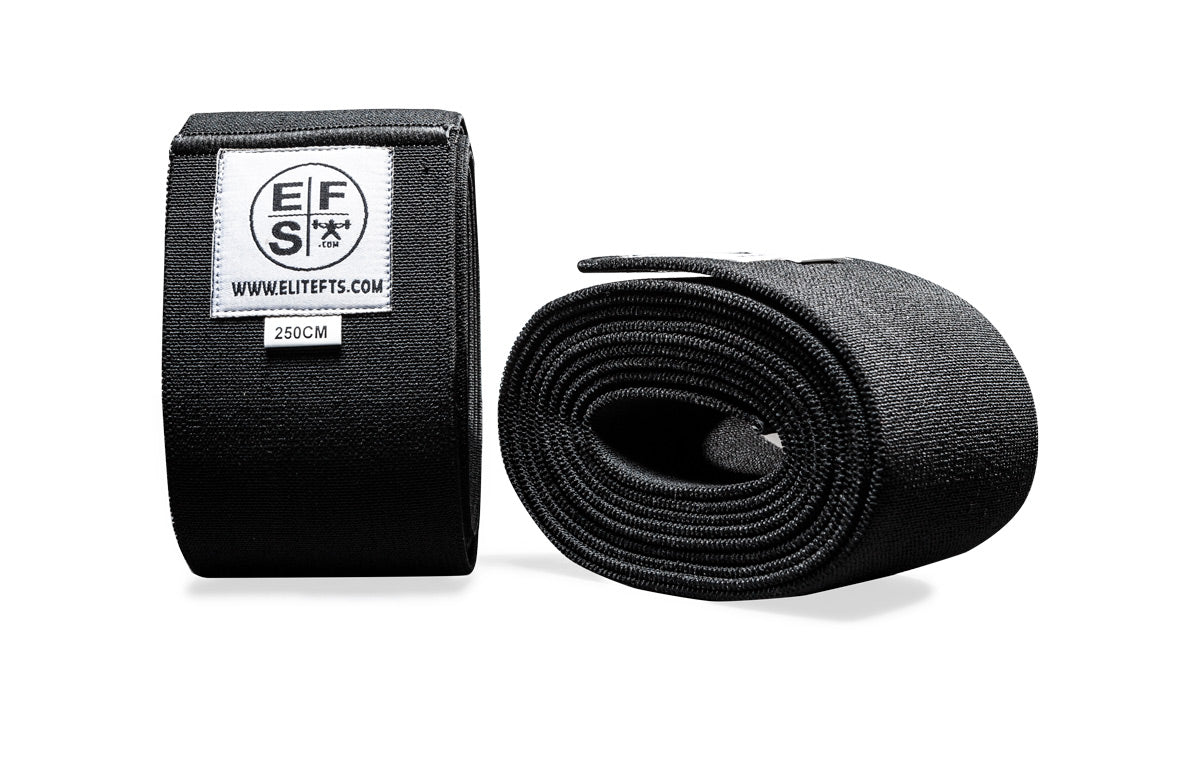
Fasting has been shown to improve health, circadian rhythms, and often implements restricted feeding windows. It makes sense that we do not want to eat during our inactive phase. If we consistently eat during our inactive phase (at night), it will cause our peripheral clocks to be out of sync with the master clock in our brain. Another interesting study shows that not only when we eat matters, but that the macronutrient consumption during specific times matters as well. The study, “Time-of-Day-Dependent Dietary Fat Consumption Influences Multiple Cardiometabolic Syndrome Parameters in Mice,” made some very intriguing points.
Here were some of the most interesting quotes from the study:
- “Mice fed a high fat meal at the beginning of the active period retain metabolic flexibility in response to dietary challenges later in the active period.”
- “Conversely, consumption of high fat meal at the end of the active phase leads to increased weight gain, adiposity, glucose intolerance, hyperinsulinemia, hypertriglyceridemia, and hyperleptinemia (i.e., cardiometabolic syndrome). The latter perturbations in energy/metabolic homeostasis are independent of daily total or fat-derived calories.”
- “We report that high fat feeding at the transition from sleeping to waking appears to be critically important in enabling metabolic flexibility and adaptation to high carbohydrate meals presented at later time points. Conversely, high carbohydrate feeding at the beginning of the waking period dramatically impairs the metabolic plasticity required for responding appropriately to high fat meals presented at the end of the waking period.”
- “… A high carbohydrate morning meal appears to “fix” metabolism toward carbohydrate utilization and impair the ability to adjust metabolism toward fat utilization later in the waking period.”
an article for Elitefts™ previously on an anabolic breakfast which also presented some research as to why it may be beneficial to avoid carbohydrates at breakfast. In terms of nighttime carbohydrate consumption, it is not bad. However, fat intake at night does seem to have some negative consequences. In the study “Greater Weight Loss and Hormonal Changes After 6 month Diet with Carbohydrates Eaten Mostly at Dinner,” Israeli Police officers were split between having the majority of their carbohydrates in the morning vs. at night. It’s not the most intelligently laid out study, but the results clearly show that the nighttime carb eaters dropped more percent body fat, were more satiated, increased insulin sensitivity, had higher leptin, and improved blood glucose levels. [3] Those that preach carbohydrates at breakfast counter with, “but insulin sensitivity is highest in the morning.” This is true, but it’s for muscle and fat cells. So it’s kind of a moot point. Understanding the importance of our circadian clock goes beyond physique enhancement. A study presented in the Endocrine Review, “Metabolism and Circadian Rhythm-Implications for Obesity,” offers a very in-depth look at the intricacy of our circadian clock and the various roles it plays in our body. In their conclusion they state, “Western lifestyle leads to high food consumption, inactivity during the active period, enhanced activity in the rest period, and shortened sleep period. This lifestyle may cause high parasympathetic output to the viscera leading to obesity, hyperinsulinemia, and hyperlipidemia, or high sympathetic output to the muscle and heart leading to vasoconstriction and hypertension. Indeed, disrupted biological rhythms might lead to attenuated circadian feeding rhythms, disrupted metabolism, cancer proneness, and reduced life expectancy.” [4] There is too much research to not accept that food timing absolutely does matter. Why? Because our circadian rhythm regulates energy homeostasis, and our type and timing of food has a direct effect on our circadian rhythm.
So, here are some tips on how to use this information in your diet:
- Carbohydrates are not necessary at breakfast. Instead, opt for a protein/fat breakfast or fast during this time. If fasting, make sure that you are consuming water as dehydration will take away from some of the beneficial fasting effects.
- Watch your fat intake and calorie intake at night or during your “inactive” phase.
- You do not need to eat all day long, and you definitely don’t need to eat every two to three hours. Let your body shift between its natural anabolic and catabolic processes which leads to improved health in the long term.
- Fasting has plenty of longevity and anti-aging effects that I will discuss in upcoming articles.
- If you are more concerned with the health aspect of fitness and maximized fat loss, then look into fasting and restricted feeding windows.


















































